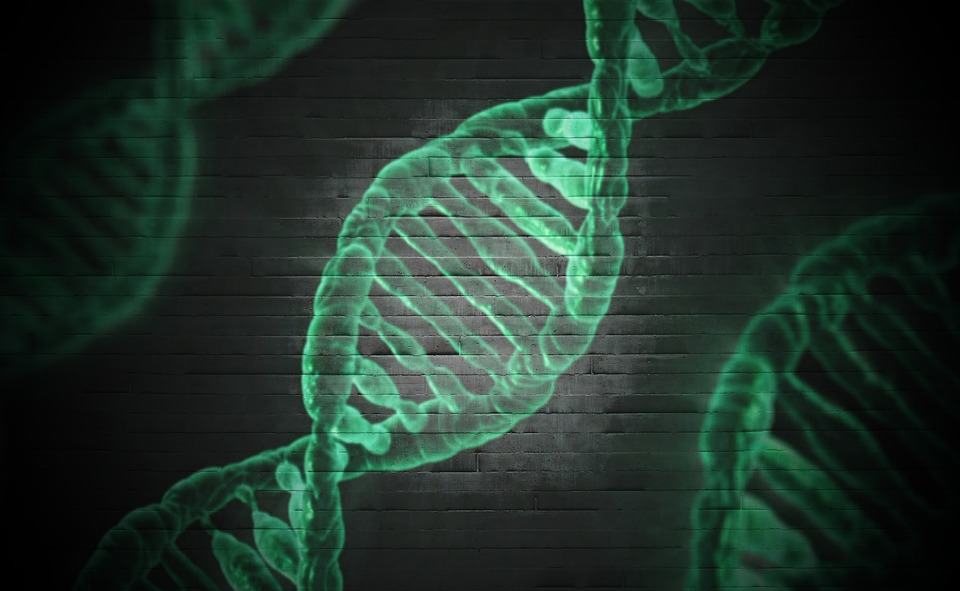
Small number of mutations driving most cancers
pharmafile | October 20, 2017 | News story | Medical Communications, Research and Development | Cancer, biotech, drugs, pharma, pharmaceutical
Research from scientists at the Wellcome Trust Sanger Institute has found that only between one and 10 genetic mutations are the driver behind many cancers included in the study.
The research involved examining 7,664 tumours across 29 different cancers and found that numerous required less than a dozen mutations to spur spread of the cancer. In particular, thyroid and testicular cancers can be driven by just one mutation.
In other examples derived from the research, it was found that four mutations could be behind breast or liver cancer, and 10 mutations for colorectal cancer.
The genetic difference between cancer and healthy tissue are thousands of mutations in the DNA, however, the research aimed to find the particular mutations that made certain types of cancer spread and behave as they do.
The research led to mutations being discovered that had never before been identified in the spread of certain cancers before. This points towards the overall significance of the study – as personalised medicine becomes increasingly possible, it could lead to new genetic targets for treatment.
Professor Sir Mike Stratton, an author of the study and director of the Wellcome Trust Sanger Institute, said: “We now know of hundreds of genes, that when mutated, drive cancer. This research shows that across cancer types a relatively consistent small number of such mutated genes is required to convert a single normal cell into a cancer cell, but that the specific genes chosen differ according to cancer type. The study also shows that we have not yet identified many of these driver genes and they will be the target for further searching in the future. This increasingly precise understanding of the underlying changes that result in cancer provides the foundation for the discovery and use of targeted therapies that treat the disease.”
The researchers turned to evolutionary theory in order to identify the driver mutations; it was reasoned that these mutations should appear more often in tumours than benign mutations, as natural selection determines that those mutations that help a cell to grow and divide rapidly should proliferate.
Ben Hargreaves
Related Content

Geneos Therapeutics shares data from phase 1/2 trial for cancer vaccine
Geneos Therapeutics has announced that it has published positive safety, immunogenicity and efficacy data from …

Curve Therapeutics’ CSO publishes research on HIF inhibition for cancer treatment
Curve Therapeutics has announced that its chief scientific officer, Professor Ali Tavassoli has published research …

Verastem Oncology gains Fast Track Designation for combination NSCLC treatment
Verastem Oncology has announced that the US Food and Drug Administration (FDA) has granted Fast …








